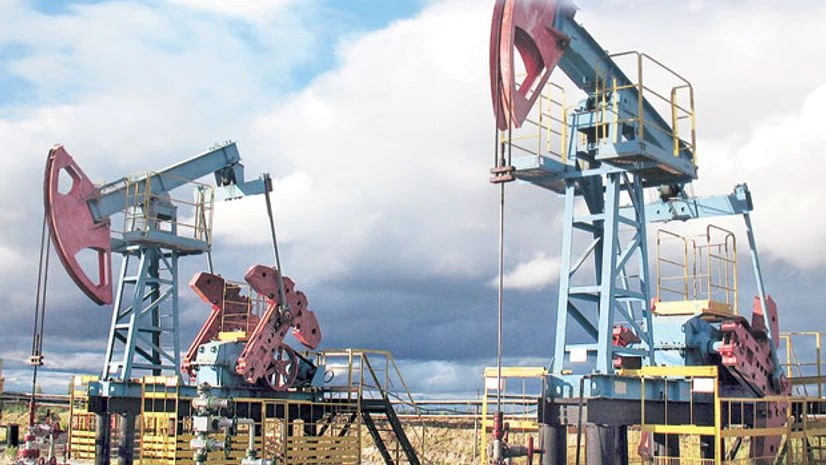By Scott DiSavino
NEW YORK (Reuters) -Oil prices held steady on Thursday as lower U.S. production after Hurricane Ida and high gasoline demand offset a small crude draw and China's announcement that it would release state oil reserves to ease pressure on domestic refiners.
Brent futures fell 15 cents, or 0.2%, to $72.45 a barrel by 11:55 a.m. EDT (1555 GMT). U.S. West Texas Intermediate (WTI) crude fell 9 cents, or 0.1%, to $69.21.
The surprise Chinese move aims to "better stabilise domestic market supply and demand and effectively guarantee the country's energy security," according to China's National Food and Strategic Reserves Administration.
"The oil market is in deficit but this China story could disrupt it staying in deficit for the rest of the year," said Edward Moya, senior market analyst at OANDA.
Also Read
The U.S. Energy Information Administration (EIA) said crude stockpiles fell just 1.5 million barrels in the week to Sept. 3, much lower than the 4.6-million barrel draw analysts forecast in a Reuters poll. [API/S] [EIA/S]
But, the much bigger than expected 7.2 million barrel drop in weekly gasoline inventories supported oil prices. Analysts forecast gasoline stocks would decline by just 3.4 million barrels last week.
"The gasoline demand number is sky high and that has been the pattern all season," said John Kilduff, partner at Again Capital LLC in New York, noting "These are unbelievable numbers for this time of year."
U.S. production, meanwhile, fell from 11.5 million barrels per day (bpd) in the week to Aug. 27 to 10.0 million bpd during the week ended Sept. 3 due to lingering output declines in the Gulf of Mexico area from Hurricane Ida.
The Gulf's offshore wells account for about 17% of U.S. output. The market has lost over 17.5 million barrels of oil so far due to Ida.
However, prices were pressured by the EIA on Wednesday cutting its 2021 global oil demand growth forecast, with little change to its 2022 estimate.
"Brent has maintained a holding pattern during the month of September as conviction in the oil complex has eased given the array of conflicting fundamentals within the market," said StoneX analyst Kevin Solomon.
(Additional reporting by Noah Browning in London and Naveen Thukral in Singapore; Editing by David Goodman, Mark Potter and David Gregorio)
(Only the headline and picture of this report may have been reworked by the Business Standard staff; the rest of the content is auto-generated from a syndicated feed.)

)
